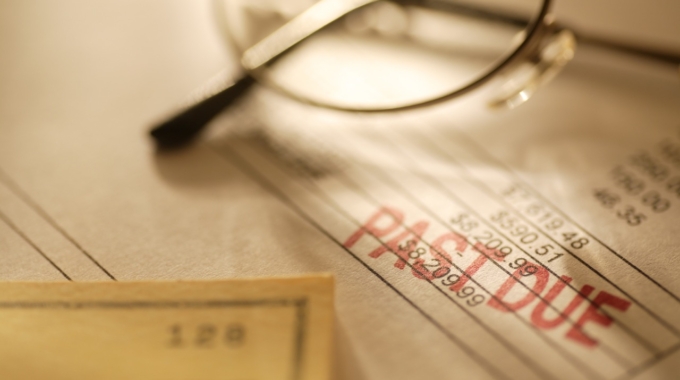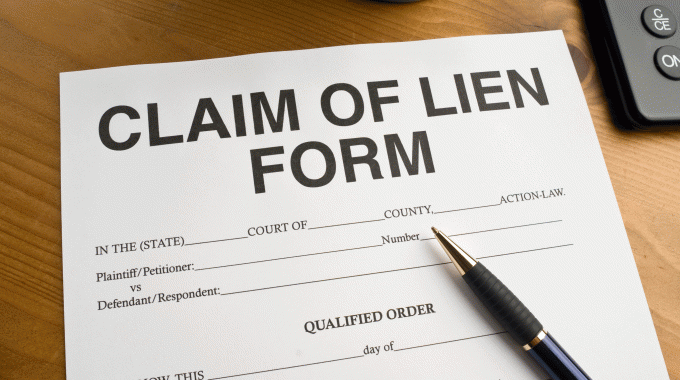
How to Tell if there is a Judgment Lien or Other Lien on a Property
Once a judge or jury hands down a verdict in a civil court case, or after a court-approved settlement, the court enters a judgment. In a typical judgment, the court will order the payment of money from one person to another. When the person who owes the money, called the debtor, doesn’t pay, a judgment lien is one way to ensure that the person who won the judgment, the creditor, can get what they are owed. This type of lien gives the creditor the right to be paid from the proceeds from the sale of the debtor’s property.
A house, condo, or land are all types of real estate that judgment liens can be attached in Florida. Judgment liens can also be attached to personal property in Florida. Items such as jewelry, art antiques and other valuables are all considered.
In order to attach a judgment lien, the person who won the judgment must record the judgment with the county recorder in the county where the debtor owns real estate now or may own it in the future. To place a lien on personal property, the creditor would file the judgment with the Florida Department of State. Personal property liens will remain attached to the debtor’s property for five years, whereas a real estate lien will remain attached for ten years in Florida.
Recorded and Unrecorded Liens
Liens such as judgment liens are recorded and are fairly easy to find in property records during the due diligence process; however, unrecorded liens are cropping up more and more frequently since the housing market collapse, recession and subsequent onslaught of foreclosures.
Unrecorded liens can be as simple as a permit left open by a contractor, or as complex and have more financial bearing when; for example, they involve code enforcement violations and unpaid fines.
In one startling case, a Seminole County Florida homeowner found himself facing huge fines for code enforcement violations. In this instance, the homeowner and County battled for more than a decade over his junk-strewn yard, racking up fines totaling $1.9 million dollars.
The county often will place a lien on a homeowner’s property to collect these unpaid fines for code enforcement violations. Should a homeowner sell a property without settling the debt, the debt would transfer to the new homeowner.
While this is an extreme case, when purchasing a new to you property, buyers should protect themselves from purchasing a property with a potentially catastrophic financial burden. It’s better to conduct an unrecorded lien search than be dismayed to discover hundreds or even thousands of dollars in unrecorded liens attached to a property purchase.
If you’re thinking about purchasing a piece of property and are researching potential encumbrances on the property, a municipal lien search can reveal unrecorded liens, code enforcement violations and an issues with open permits.
About Florida Municipal Lien Search (FMLS)
Florida Municipal Lien Search, LLC is a privately owned and operated company providing title agents, attorneys, and realtors with unrecorded and municipal lien searches for all of the cities and counties in the State of Florida. Florida Municipal Lien Search conducts searches for municipal and county liens, unrecorded utility services, code enforcement violations, code enforcement liens, property taxes and special assessments. Founded on the principals of honesty and integrity, FMLS strives to make each and every client a long term, ongoing relationship. For more information, visit https://floridamunicipalliensearch.com or call 321-325-6255




